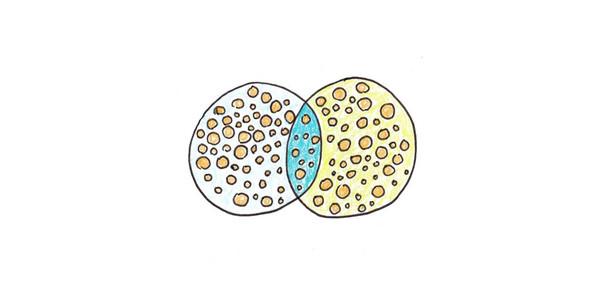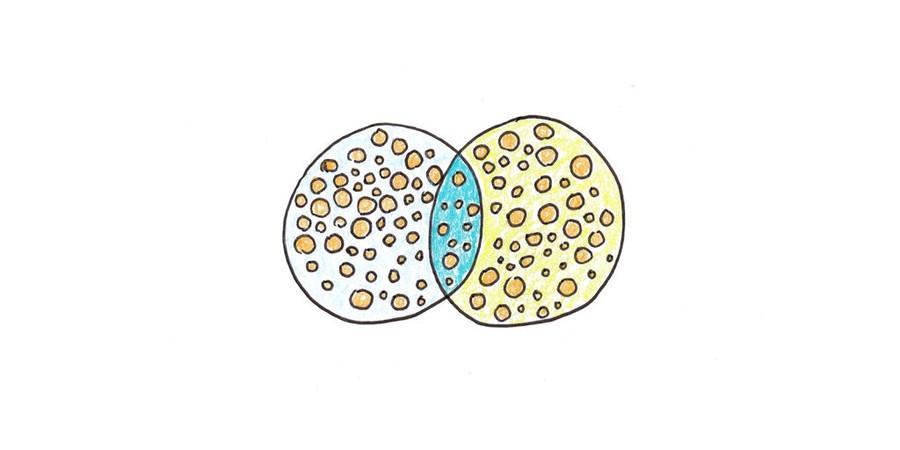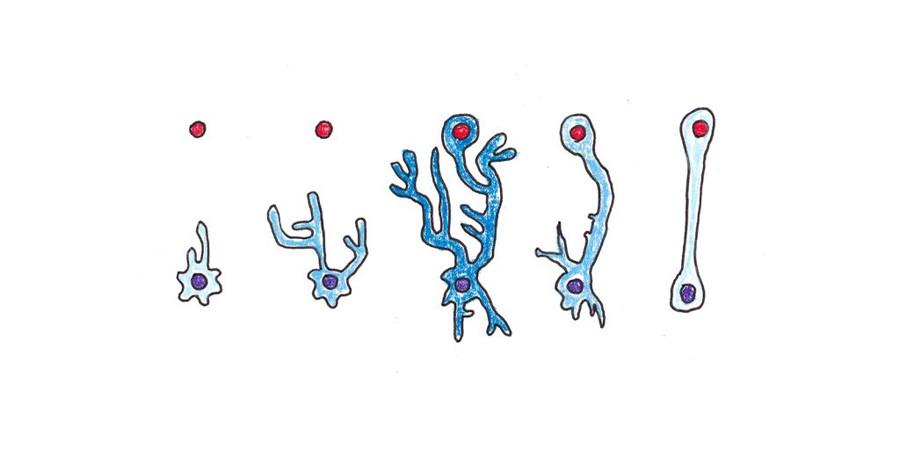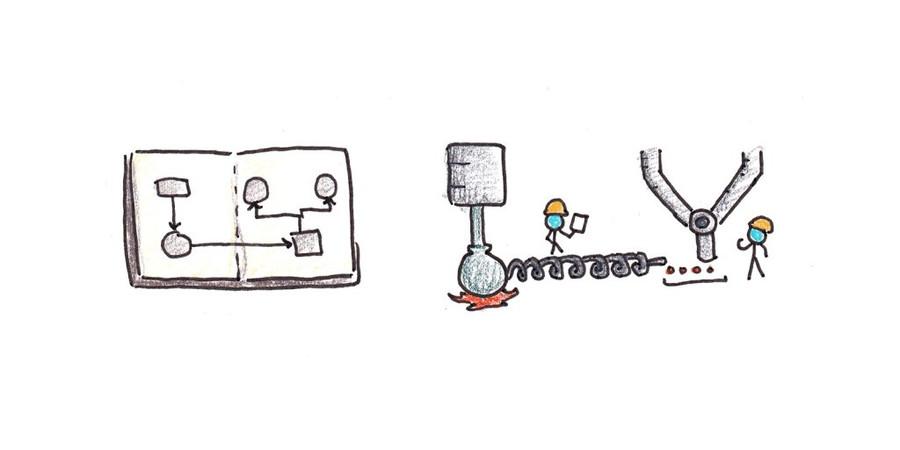How Much Transfer Should We Expect Between Skills?
Curated from: scotthyoung.com
Ideas, facts & insights covering these topics:
8 ideas
·6.01K reads
48
3
Explore the World's Best Ideas
Join today and uncover 100+ curated journeys from 50+ topics. Unlock access to our mobile app with extensive features.
Three Questions
- How do we perform skills?
- How do we acquire them?
- What sorts of skills are used in real life?
60
1.36K reads
Question One: How Do We Perform Skills?
Essentially, transfer is a product of overlap. We should expect transfer from one skill to another when something in those two skills is essentially the same.
- Broad mental faculties. In this framework , “reasoning” or “memory” overlap across different skills.
- Stimulus-response. This view would suggest transfer is extraordinarily limited—every superficial change in a situation would require a new skill.
- Propositions and productions. Theories like ACT-R argue that our brains store skills in essentially two forms: small chunks of factual knowledge and simple component procedures
66
1.03K reads
Transfer Theories
- Schemas : Schema-based theories claim that knowledge is organized in patterns larger than individual actions or chunks.
- Neural networks: Teasing out implications for transfer is harder here, but it would most likely look like an overlap in the synaptic connectivity between two skills.
- Activity systems In this view, the person relies on their environment to perform a skill, and transfer fails when those environmental supports are altered.
59
754 reads
Skill Transfer Requisite
- From this perspective, what seems safe to say is that skills can only reliably influence each other if they overlap in either their procedures or knowledge.
- If two skills don’t use the same process, and the knowledge they depend on is different, there shouldn’t be much (if any) transfer.
58
662 reads
Question Two: How Do We Acquire Skills?
There’s also the issue of how we acquire these representations.
- Expert-novice differences. Experts appear to represent ideas at a deeper level than novices .
- Automaticity effects . Skills tend to recede from conscious awareness with experience.
- Declarative-to-procedural transitions. . This transformation implies that skills may have different patterns of transfer at different levels of mastery as their dominant mental representation changes.
- Cognitive load. Studying an example, for instance, is better than solving a problem when cognitive load is high, but the opposite is true when itis low.
59
600 reads
Pitfalls To Avoid
- Don’t judge transfer potential by the abilities of novices.
- Don’t judge transfer on one-shot problem-solving tests.
- Don’t trust experts’ perceptions of how they do a task. Experts are bad at introspecting their cognitive procedures. We tend to underrate knowledge we’ve already acquired, seeing it as obvious.
59
571 reads
Question Three: How are Skills Used in Real Life?
- Critics allege that much of what we learn in school has little real-world application.
- John Anderson reports that employers either want very basic skills or highly specific skills that no universal curriculum could aspire to.
- Peter Cappelli argues that surveys show employers tend not to highly value academic skills.
58
537 reads
Summarizing
If you take one thing from this article, it should be that transfer is complicated.
- Transfer should be minimal between unrelated skills.
- Transfer between related subjects depends on how much they overlap in content and procedures.
- Academic subjects can transfer to real life, but this transfer can fail because:
- We are missing components of the skill for applying it.
- We haven’t automated the skill enough to pass the cost-benefit threshold.
- We can’t actually perform the skill with only our academic ability.
- Many academic skills are inert .
57
497 reads
IDEAS CURATED BY
Kokhulash MS's ideas are part of this journey:
Learn more about strategy with this collection
How to create a productive workspace at home
How to balance work and personal life while working remotely
How to maintain focus and motivation while working remotely
Related collections
Similar ideas
13 ideas
5 ideas
The Science Behind Building General Skills
scotthyoung.com
4 ideas
The Science Behind Building General Skills | Scott H Young
scotthyoung.com
Read & Learn
20x Faster
without
deepstash
with
deepstash
with
deepstash
Personalized microlearning
—
100+ Learning Journeys
—
Access to 200,000+ ideas
—
Access to the mobile app
—
Unlimited idea saving
—
—
Unlimited history
—
—
Unlimited listening to ideas
—
—
Downloading & offline access
—
—
Supercharge your mind with one idea per day
Enter your email and spend 1 minute every day to learn something new.
I agree to receive email updates




